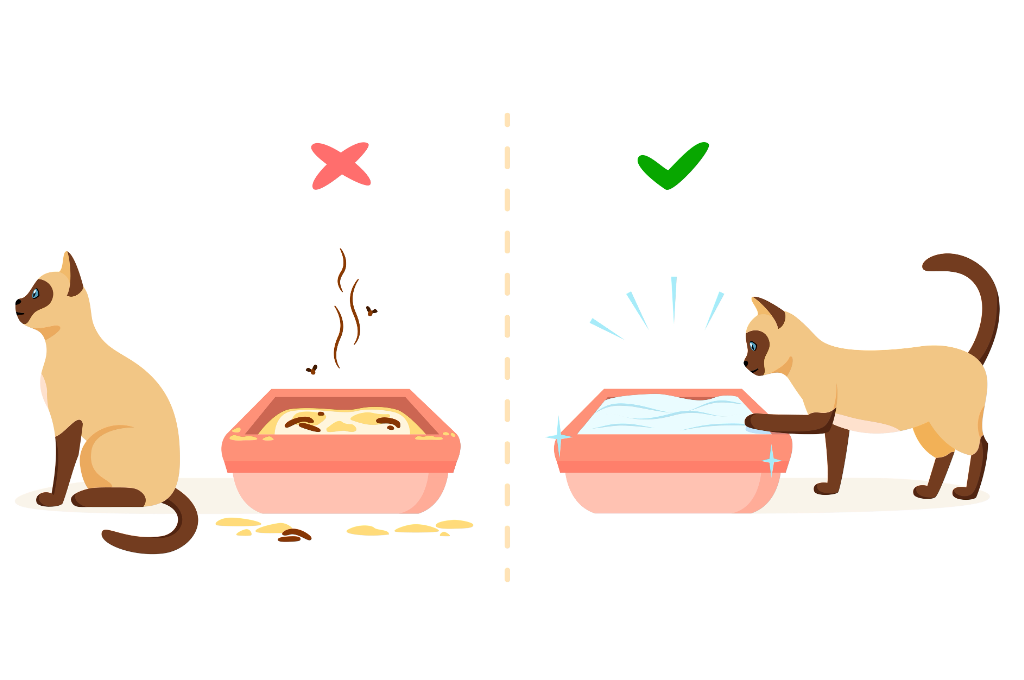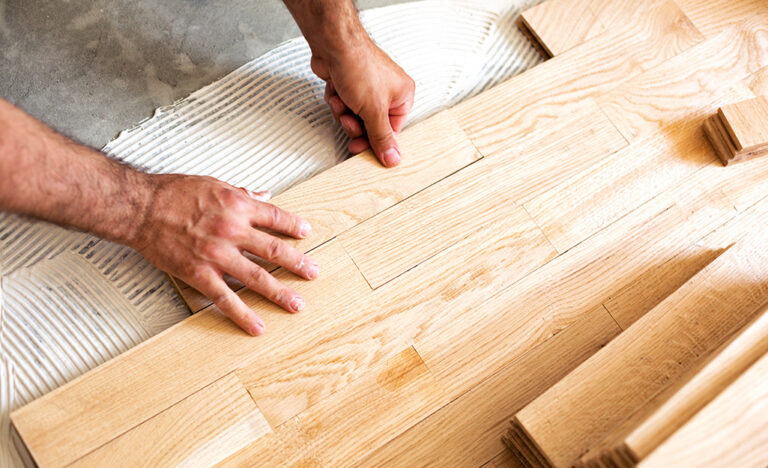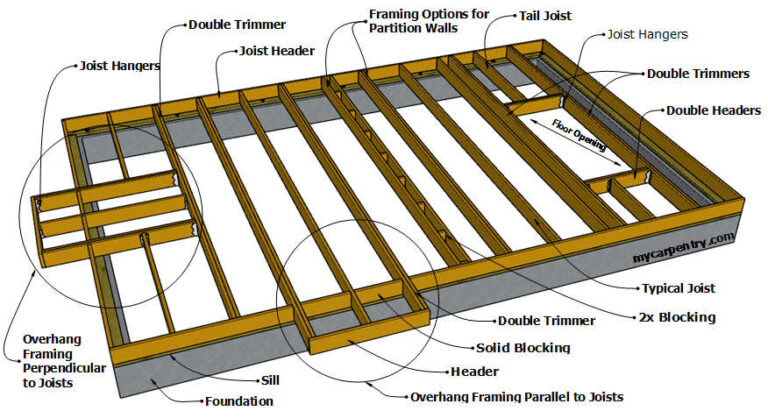You’ve likely experienced the frustration of discovering that your beloved feline friend has left an unwelcome surprise on your floor. It’s perplexing and might even make you wonder if your cat is trying to send you a message.
But don’t worry—you’re not alone, and there’s usually a reason behind this behavior. Understanding why your cat is pooping outside the litter box is crucial not only for maintaining a clean home but also for ensuring your pet’s well-being. We’ll explore the possible causes behind this puzzling behavior and offer practical solutions to help you address it.
By the end, you’ll feel more equipped to handle this issue and restore harmony in your home. Let’s dive into the world of feline behavior and uncover the mystery behind your cat’s unconventional bathroom habits.
Common Reasons For Inappropriate Pooping
Cats may poop outside their litter box due to health problems. Digestive troubles can cause sudden accidents. Urinary tract infections might also be the cause. Always check with a vet first. Health problems need attention quickly. A healthy cat is a happy cat.
Sometimes the litter box is the issue. Cats like a clean litter box. A dirty box can make them go elsewhere. They need space to move around. Too small boxes can be uncomfortable. Make sure the box is easy to access. Cats don’t like surprises.
Cats feel stress like humans do. Loud noises can scare them. Changes in the home can upset them. A new pet or person might worry them. Stress can lead to accidents. It’s important to keep a calm environment. Calm cats are more relaxed.
Cats are territorial animals. They may poop to mark their area. Other pets can make them feel threatened. New smells can cause them to act out. They need to feel secure in their home. Secure cats are less likely to poop on floors.
Identifying Medical Concerns
Cats show signs when they are sick. Watch for changes in behavior. Cats may hide or seem sad. Look for changes in their eating habits. A sick cat might eat less or more. Check for vomiting ou diarrhea. These are signs of illness. Notice if your cat sleeps more than usual. Cats who are sick might also groom less. Their fur could look messy. Cats may also meow differently when in pain.
Visit the vet if your cat shows signs of illness. If your cat has diarrhea for more than a day, see the vet. Go if your cat vomits often. Cats who stop eating need a vet visit. If your cat seems sad or hides a lot, check with the vet. Changes in litter box habits need attention too. Early vet visits help cats feel better sooner.
Litter Box Solutions
A large litter box can help. Cats need space to move. A box too small makes them uncomfortable. Choose a box with low sides for easy entry. Covered boxes may trap smells. Some cats dislike that. Try different types to see what works best.
Cats have favorite litter types. Some like clumping litter. Others prefer soft sand-like litter. Strong smells can bother them. Unscented litter is often best. Experiment with different litters. Find one your cat likes.
Location matters a lot. Place the box in a quiet spot. Avoid noisy areas. Cleanliness is key. Scoop the litter daily. Change it regularly. Cats avoid dirty boxes. Keep it fresh for them.
Reducing Stress And Anxiety
Cats need a safe space to feel calm. Provide a quiet corner for them. Put a cozy bed there. Add a few toys for comfort. This helps them feel secure. Privacy is important for their well-being. A safe spot reduces their stress. Cats like a place away from noise. Make sure they have a spot to relax.
Keep a steady routine for feeding and play. Cats love routines. It makes them feel safe. Change can stress them. Stick to a daily schedule. Keep their environment clean. Cats dislike dirty places. A clean home helps them relax. Make sure the litter box is in a good spot. This helps them use it correctly.
Engage with your cat daily. Playtime is vital for their happiness. Use toys like feathers or balls. Cats enjoy chasing and playing. Positive interaction builds trust. Spend time with them. It reduces their anxiety. Cats love attention. Make them feel loved and cared for.
Addressing Territorial Issues
Cats like their own space. Each cat needs a personal area. This helps them feel safe. Use separate feeding bowls for each cat. Try to have separate litter boxes. One for each cat. This reduces stress. Cats do not like to share.
Observe where your cat feels at ease. These are your cat’s favorite spots. Respect these spots. Ensure they are clean and accessible. Cats can get upset if their area is dirty. Keep their territory free from other cats. This keeps them happy.
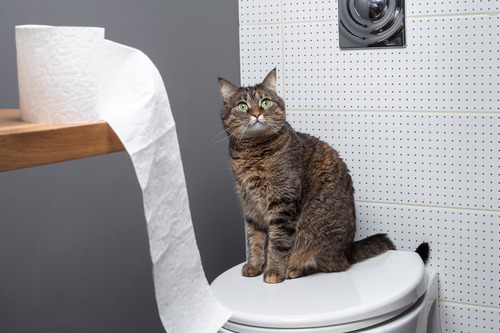
Behavioral Training Techniques
Cats may poop on the floor due to stress or health issues. Training can help identify triggers and create a comfortable environment. Adjusting litter box placement and keeping it clean encourages proper use.
Positive Reinforcement
Positive reinforcement helps teach your cat good habits. Offer treats when your cat uses the litter box. This makes them want to do it again. Use toys or petting as rewards too. Always reward right after they use the box. They will connect the action with the reward. Be patient; cats learn at their own pace.
Discouraging Unwanted Behavior
Keep your cool when your cat poops on the floor. Never yell or hit your cat. This makes them scared and confused. Clean the area with a special cleaner. This removes the smell so they won’t do it again. You can block the area if needed. Teach them where the litter box is. Show them the right place to go.
When To Seek Professional Help
Cats might poop on the floor due to stress or anxiety. A cat behaviorist can help identify the cause. They can offer tailored advice for your cat’s needs. Behaviorists understand cat body language and signs. They work with you to change unwanted behaviors. They may suggest changes in the home. Like adding more litter boxes or using calming products. It’s important to address issues early. This can prevent them from becoming bigger problems. Consulting a professional can save time and stress for both you and your cat.
Long-term solutions are often needed for behavioral issues. Consistent routines help cats feel safe. Make sure litter boxes are clean. Provide mental stimulation with toys and games. Regular playtime can reduce stress. Create safe spaces for your cat to relax. Regular check-ups with the vet ensure no health issues. Patience and understanding are key for long-term success. Small changes can make a big difference.
:strip_icc()/cat-pooping-outside-box-554017-b408bc2885e042a5a1937e7e0b183b5a.jpg)
Questions fréquemment posées
Why Is My Cat Ignoring The Litter Box?
Cats may avoid the litter box due to stress, medical issues, or dislike of the litter. Ensure the box is clean and located in a quiet area. Consult a vet to rule out health problems. Changes in environment or routine can also affect litter box habits.
How Can Stress Affect My Cat’s Behavior?
Stress can lead to changes in a cat’s behavior, such as inappropriate urination. Common stressors include new pets, moving homes, or loud noises. Providing a calm environment and routine can help. If stress persists, consult a vet for guidance.
What Health Issues Cause Litter Box Avoidance?
Health issues like urinary tract infections, constipation, or arthritis can cause litter box avoidance. Cats may associate pain with using the box. A vet check-up can identify and treat underlying conditions. Prompt attention to these issues is crucial.
Could Diet Changes Affect My Cat’s Bathroom Habits?
Diet changes can influence your cat’s bathroom habits. Introducing new food may cause digestive upset or constipation. Gradually switch foods to minimize issues. Ensure your cat’s diet meets its nutritional needs. Consult a vet for dietary advice.
Conclusion
Identifying why your cat poops on the floor is crucial. Stress or illness may be the cause. Try adjusting their diet or litter. Observe their behavior closely. A clean, accessible litter box helps. Sometimes, cats express discomfort this way. Consult a vet if needed.
Patience and understanding are key. Your cat depends on you for comfort. Create a safe, cozy environment. They’ll feel more secure. With care, you can resolve this issue. Your bond will strengthen. A happy cat equals a happy home.

